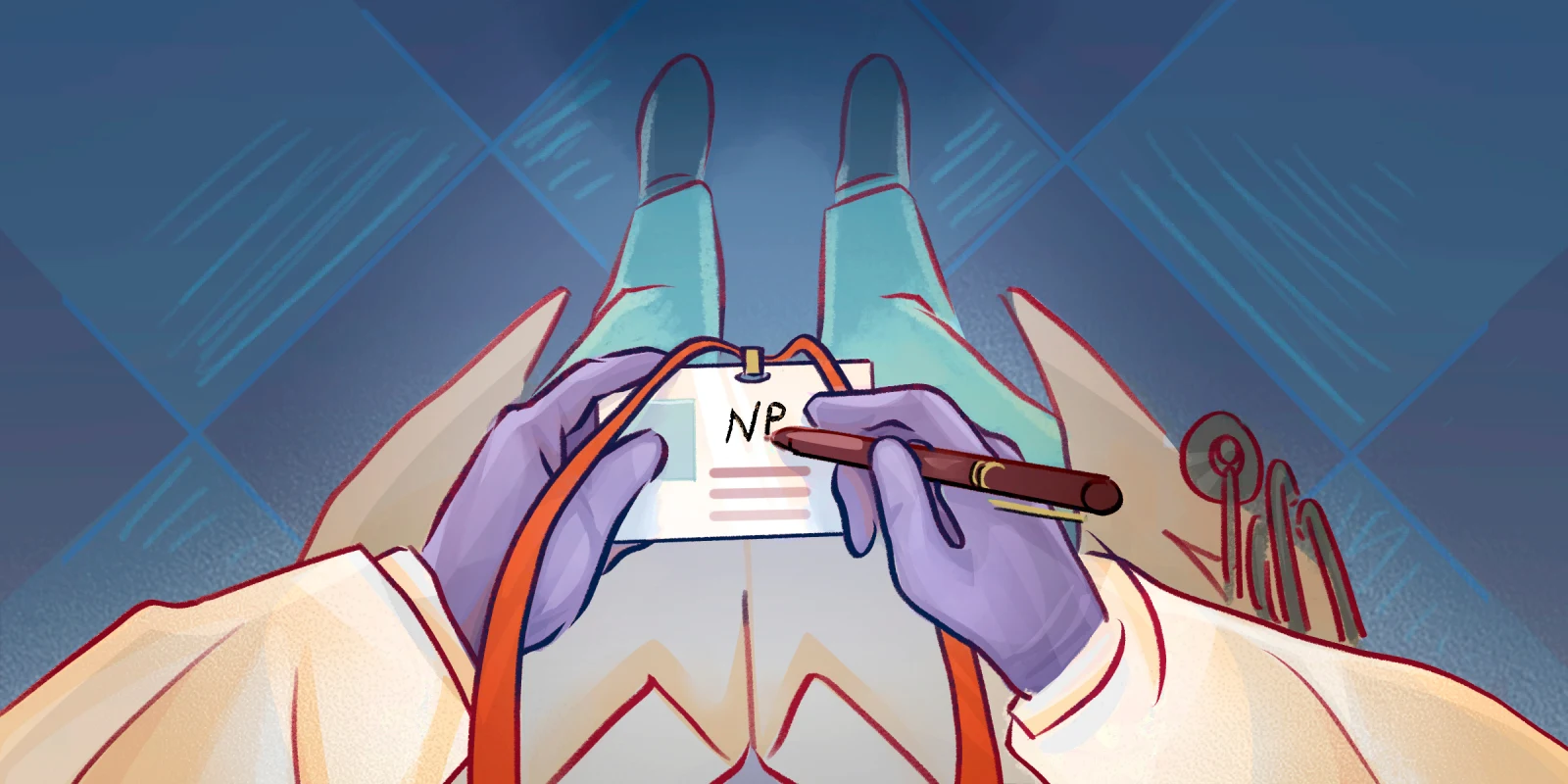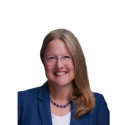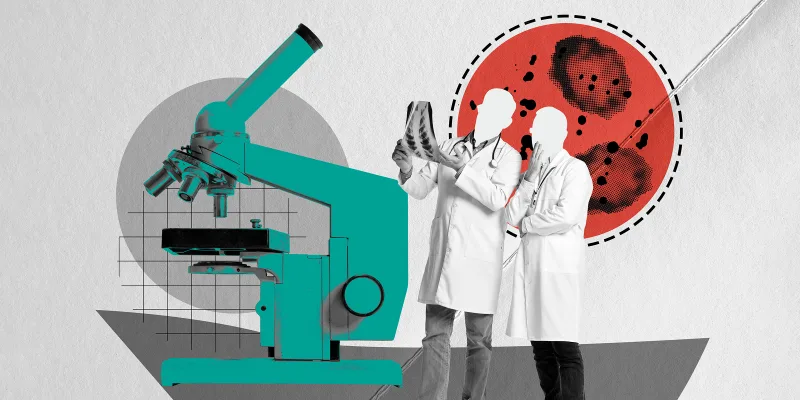Several decades ago, when I was a newly minted NP, I found myself joining a workforce that, while historic and essential for patient care, did not have its own identity within the well-established hierarchy of an academic medical center. I recall a physician struggling through several names and titles and finally asking me, "So what am I supposed to call you people?" This is a question that continues to be asked, and in some ways, the landscape is more confusing for patients now than it has ever been.
The language used to describe or address health care professionals matters. Titles reflect power dynamics, professional identity, and patient trust. To lump important and trusted professions into the same term — "provider" — is what's happening now in most health systems, and it represents a disservice to all professionals. It also blurs the distinction between academic and clinical preparation, as well as team identity.
Medical professions have historic roots. The role of the physician was formalized in the 19th century, while both the NP and PA professions were established in the 1960s. At that time, there was a shortage of physicians in rural areas to provide care. The NP and PA professions were established explicitly to expand access to medical care for all American patients. NPs and PAs have very similar scopes of practice, with different approaches to the training they receive and the prerequisite requirements they must meet before entering school. After that, however, in most states, NPs and PAs are licensed and certified to provide medical services, including assessment, diagnosis, treatment, and prescription.
The NP and PA roles were designed to complement physician practice by training and educating nonphysicians to practice medicine, thereby creating health care access for patients where it was previously limited.
However, in the 1970s and 1990s, titles such as "physician extender" and "mid-level provider" became common in administrative circles. Both terms were inherently hierarchical and were seen as diminishing the expertise and autonomy of NPs and PAs. The implication was that the NP or PA was secondary or subordinate to physicians, even though their roles continued to expand in both scope and responsibility.
By the early 2000s, the health care landscape had undergone significant changes. NPs and PAs were frequently managing their patient panels, serving as "medical home," and billing for their services, so their work could be found and, more importantly, quantified. States began granting full practice authority to NPs, and team-based models of care were becoming more commonplace.
Around 2010, "Advanced Practice Provider," or APP, and "Advanced Practice Clinician," or APC, were titles that gained favor. It was thought that these terms were more accurate and inclusive. These titles were initially launched to recognize the advanced training of NPs and PAs; however, the term "provider" has become a catch-all for clinicians of any level.
Terms such as APC or "nonphysician provider" made operations more streamlined for billing, insurance, and hospital systems to refer to anyone delivering reimbursable care. Still, the myriad nonspecific and sometimes hierarchical nomenclature eroded professional boundaries, levels of expertise, and patient understanding of their care teams. Is this kind of simplification necessary in a complex health care system? It is at the very least impersonal and disrespectful.
In the health care system, broad and vague titles may make sense, but to patients, it can be a confusing hierarchy. Patients need clear explanations of who is providing their health care, and how they were educated and trained. Since we still encounter these terms being discussed, let's take a closer look at the context of health care titles.
1) Provider
While this term may seem inclusive and neutral, in a clinical setting, it can be dehumanizing and erases both professional distinctions and the professionals themselves. This term may feel dismissive when physicians, NPs, and PAs all provide high-level, autonomous care. It can seem broad and overly focused on finances. From the patient's perspective, identifying the right care team member becomes problematic if all practitioners are indistinguishably designated as "providers," implying they are interchangeable. The term obscures their differences in depth and breadth of training, knowledge, and clinical experience as well as the particular and often unique contributions each brings to the clinical relationship.
2) Clinician
This term emphasizes direct patient care and can be used across professions without offense. However, it does not reflect specific training, education, or scope of practice. It is professional, specific, and refers to clinical expertise. Therefore, using this term would still require clarification for patients.
3) Extender or mid-level
These terms are universally regarded as outdated, as they diminish the capacity of those being referred to and imply inferiority. The mid-level term also means that the NP or PA may be providing moderate-quality care, which is not the case. Additionally, if the NP or PA is considered a "mid-level" professional, who is the team member underneath them? Would that be nurses?
4) Advanced Practice Provider (APP)
While this term is more respectful and recognizes advanced training, it lumps both NPs and PAs under one umbrella, defining and respecting neither.
5) Advanced Practice Clinician (APC)
This focuses on a clinical caregiving role and avoids the use of "provider" terminology. It is still generic and less widely recognized.
The patient's perception of their care team members should also be taken into consideration. Titles significantly impact how clinicians are perceived. Patients often make assumptions based on titles, so clarity and accuracy can help them to understand who is treating them and what to expect. Patient trust is essential to the patient-clinician relationship and has a direct impact on patient health and outcomes.
Many institutions are now considering terminology more carefully. Language should always be used to evoke respect, clarity, and a clear professional identity. To do this, we should avoid terms such as "mid-level" and "extender." The term "provider" is disrespectful to MDs, NP, and PAs alike. Physicians may be concerned about role dilution and patient confusion. To me, "provider" seems vague, overly broad, and diminishes distinctions, making it impersonal.
My answer to that physician long, long ago, when he asked me, "What should I call you people?" was to call me an NP. I chose my course of education. I chose my profession. I have no desire to have it minimized or to create confusion for others, who might think that I am anything but a nurse practitioner. I build my relationships with my patients, and they know exactly who I am, how I was educated, and how I can provide their care. I am proud of my title, and I stand by it.
My second choice is the term "clinician." When compared to the term "provider," clinician refers to those who provide direct patient care that is professional, specific, and understandable. It describes the art of healing and the practice and study of medicine. If an umbrella term is required, this one is less offensive to all.
The AMA states that titles in health care can "empower or diminish, clarify or confuse." I see this as the truth. Names are not just semantics. Our professional titles shape our culture of care; they carry weight and influence the care we provide to our patients. In health care, they are shorthand for training, expertise, responsibility, and trust. As health care changes and evolves, we can and should be proactive in choosing the language we use to describe those who provide it.
How do you prefer to be referred to in health care, and why? Share in the comments.
Allison Dimsdale, DNP, is a nurse practitioner in Durham, NC. She enjoys spending time with her children and grandchildren, husband, and ever-changing assortment of rescue hounds. She loves to kayak, and no longer cooks. Allison Dimsdale is a 2024–2025 Doximity Op-Med Fellow.
Illustration by April Brust







